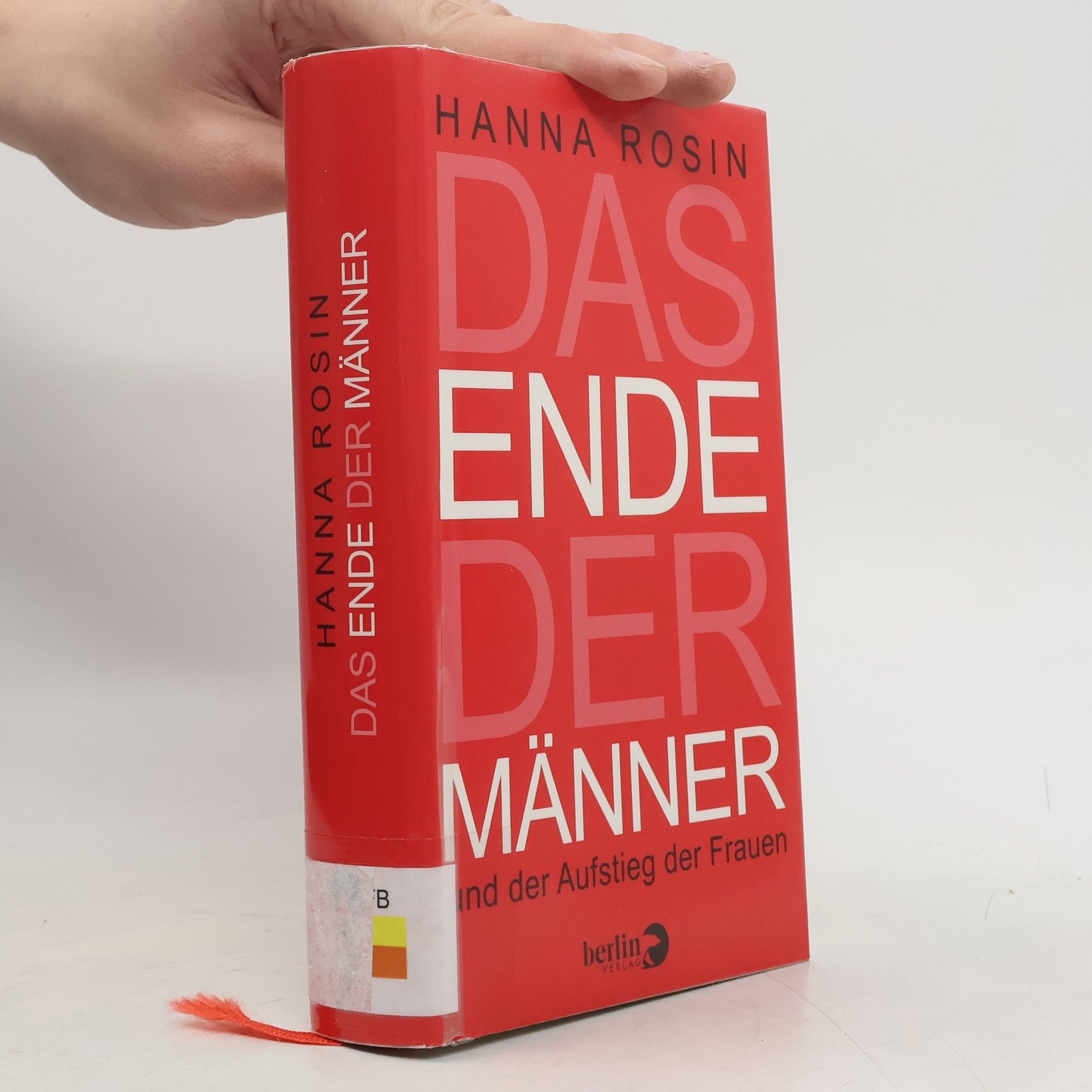The end of men and the rise of women
- 310 páginas
- 11 horas de lectura
Men have been the dominant sex since, well, the dawn of mankind. But this is no longer true. Women are no longer catching up with men. By almost every measure, they are outperforming them. We are at an unprecedented moment in history. In 2010, for the first time, the balance of the British workforce tipped towards women, who now hold around half of the nation's jobs. In the US, meanwhile, for every two men that receive a BA, three women will achieve the same. Not only do women now dominate colleges and professional schools on every continent except Africa, young single women in the US now earn more than their male counterparts, and more than a third of mothers in the UK and the US are their family's main breadwinner. The tides have turned. The 'age of testosterone' is decisively over. At almost every level of society women are proving themselves far more adaptable and suited to a job market that rewards people skills and intelligence, and a world that has a dramatically diminishing need for traditional male muscle. In this landmark, once-in-a-generation book, Hanna Rosin reveals how this new world order came to be and its profound implications for marriage, sex, children, work, families and society. Unhampered by old assumptions and ideologies and drawing on examples from across the globe, The End of Menhelps us see how both men and women can - and must - adapt for a radically new era.

